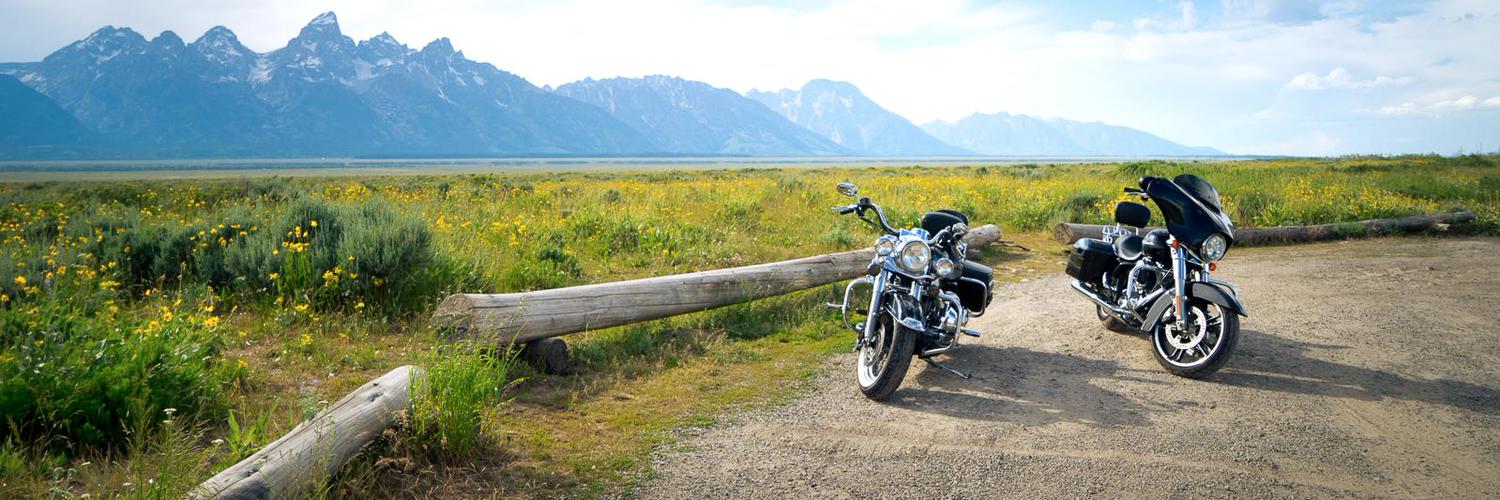GETTYSBURG – He almost was not asked to speak.
In October 1863, President Abraham Lincoln received the same plain envelope that was sent to hundreds of people, requesting attendance at a dedication of the Soldiers' National Cemetery here.
Col. Clark E. Carr, a confidante of several U.S. presidents and a member of the commission that organized the event, later admitted that commissioners scrambled to send a more personal invitation after Lincoln indicated he would attend.
Asking Lincoln to deliver a “few appropriate thoughts,” Carr said, was “an afterthought.”
You see, the dedication’s real headliner was Edward Everett. A former secretary of state, U.S. senator, Massachusetts governor and Harvard president whose nationwide tour helped to save Mount Vernon as a national shrine, Everett was considered the great orator of his time.
When Lincoln arrived, Gettysburg remained raw from the horrific battle that raged here for three days just five months earlier. More than 70,000 Confederate troops engaged 83,000 Federal troops around this crossroads town; the battle claimed more than 50,000 souls and 3,000 horses, and it changed the course of the war in the Union’s favor.
The bones of dead horses still were strewn over surrounding farmlands; vultures hovered over the landscape, and unburied coffins stood stacked in town.
Lincoln had plenty of justifiable, honorable reasons to beg off from the ceremony: His ten-year-old son, Tad, lay sick with a fever in the White House; the war was going poorly out West; he was locked in a budget showdown with Congress, and his re-election bid looked grim against a general he fired for incompetence a year earlier.
Yet he came to a place underscored with death, tasked with making sense of it all with “a few appropriate thoughts” that gave meaning to the losses and the unbearable sacrifices.
On a brisk, cloudless November day, he stood on the temporary wooden stage after a two-hour speech by Everett who, by all accounts, enthralled the crowd with his pontificating skills.
“Four score and seven years ago,” he began in a squeaky, hard-to-hear voice before a crowd that had gathered from Washington, Baltimore, Philadelphia and elsewhere.
Three minutes and 270 words later, he sat down, convinced that he missed his mark.
He was wrong.
In nine days, this town will commemorate the 150th anniversary of Lincoln’s speech with a ceremony at the same Soldiers' National Cemetery featuring the U.S. Marine Band, Governor Tom Corbett, and a reading of the Gettysburg Address.
One person who will not be among those honoring Lincoln is President Barack Obama.
The White House gave no reason why the president would not attend.
According to the National Park Service, Obama has never visited the battlefield as president.
In 2008, Barack Obama rolled out his presidential campaign in Springfield, Ill., where Lincoln announced his own presidential candidacy. Throughout that year’s campaign, Obama’s staff embraced similarities between the two men as part of his persona; he allowed them to encourage lofty comparisons – and, after he won the election, he recreated Lincoln’s 1861 train trip to Washington as part of his own inaugural spectacle.
He even took the oath of office on Lincoln’s Bible – twice.
Lincoln brought the country to a revival at an unlikely time with his address. He gave new meaning to the definition of sacrifice in service to the country, for the purpose of the preserving the country.
Lincoln was asked to speak here only as an afterthought. The request for Obama to speak has been sought for more than a year.
It would be an occasion for him to honor a crucial time in our past, to create a historical bridge to today.
His dismissal of the request shows a man so detached from the duty of history, from the men who served in the White House before him, that it is unspeakable in its audacity.
Ask almost any person in this historic town; even his most ardent supporters here are stunned.
Obama long ago veered away from any affinity he may have believed he had with Lincoln, which gives credibility to the criticism that his connection to Lincoln was always a political calculation rather than a true bond.

